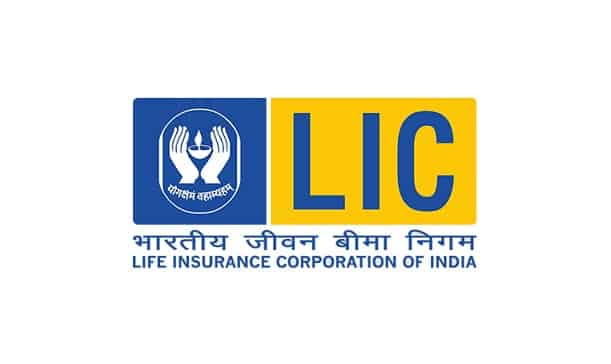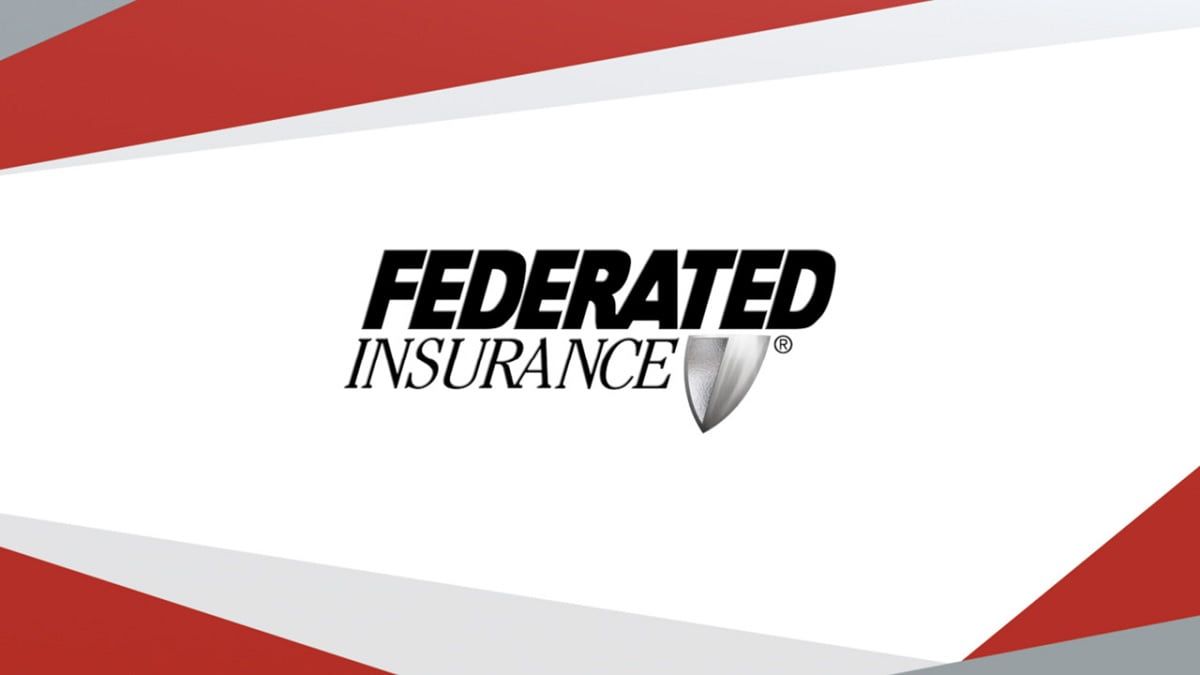Insurance Data Entry Jobs, Companies, Descriptions 2026

Data entry jobs in the insurance industry are a great option for those looking for a steady office job with good benefits. Insurance companies have a constant need for efficient and accurate data entry clerks to process claims, applications, and other paperwork. In this comprehensive guide, we will cover everything you need to know about getting a data entry job with an insurance company, including the job responsibilities, required skills, salary and benefits, top companies hiring, and tips for applying and interviewing. We will also provide an FAQ section and summary to recap the key points.
What Does an Insurance Data Entry Clerk Do?
The primary role of an insurance data entry clerk is to input various types of insurance information into computer databases or systems accurately and efficiently. This is a vital behind-the-scenes job that ensures insurance claims, applications, policies, and other documents are properly processed.
Typical job duties of an insurance data entry clerk include:
- Entering customer or medical insurance claim information from forms into insurance company databases or software programs
- Verifying billing codes, policy details, and other data to ensure accuracy
- Comparing computer records with original documents or forms to catch any errors
- Requesting further information from providers, insurance holders, or internal staff to fill any information gaps
- Generating reports or spreadsheets with insurance data entered
- Contacting insurance holders by phone when further claim information is needed
- Keeping track of outstanding claims that need follow-up or processing
- Updating existing policy or customer information when changes are reported
- Protecting the confidentiality of sensitive customer and medical data
- Communicating with managers or claims processing teams on workflow or issues
The position involves sitting at a desk for extended periods while inputting data accurately and swiftly into a computer. Strong typing, attention to detail, organization, and data entry skills are crucial. The role tends to be repetitive, but new documents come in every day to process, making it varied.
Skills and Qualifications For Insurance Data Entry Jobs
What skills and qualifications do you need to get hired as an insurance data entry clerk? Here are the requirements most employers look for:
- Proven data entry experience and typing skills, often involving a data entry test
- Proficiency with computers, databases, Excel, and 10-key numerical data entry
- Fast and highly accurate typing, typically 50+ WPM
- Solid organizational and record-keeping abilities
- Good attention to detail to avoid errors
- Working knowledge of medical or insurance terminology is helpful
- High school diploma; further education is not usually required
- Strong customer service orientation
- Ability to uphold confidentiality measures
While previous insurance experience is not required, familiarity with common terms, billing codes, policy types, and data entry systems is very helpful. Many companies provide on-the-job training as well to get new hires up to speed. The most important qualification is being a meticulous and skilled data entry operator who can deliver accurate output within tight deadlines.
Salary and Benefits
Insurance data entry clerks earn very competitive salaries and benefits, especially for those with just a high school diploma. According to the U.S. Bureau of Labor Statistics, the average salary for data entry keyers is $36,560 annually or $17.58 per hour. Those working in the insurance industry tend to earn above-average incomes compared to all data entry clerks.
Typical insurance data entry clerk salary ranges:
- Entry-level: $25,000 – $35,000
- Experienced: $30,000 – $45,000
- Supervisory roles: $45,000 – $60,000
Exact pay varies based on factors like location, company size, and years of experience. Larger insurance firms and those in major metro areas also offer the most lucrative salaries.
Beyond competitive pay, these stable office jobs come with excellent benefits packages, including:
- Health, dental, and vision insurance
- Retirement savings plans
- Paid vacation and holidays
- Flexible work schedules
- Tuition reimbursement
- Gym discounts
- Paid training and certifications
The combination of good salaries, growth opportunities, and excellent benefits makes insurance data entry jobs very appealing. The work is less repetitive than other data entry roles since you get to learn about insurance and process all types of policies and claims.
Top Insurance Companies Hiring Data Entry Clerks
Nearly all major insurance companies hire data entry clerks at their corporate headquarters and regional offices or through temp staffing agencies. Some top national insurers offering data entry jobs include:
- UnitedHealth Group
- Anthem Blue Cross Blue Shield
- Cigna
- Aetna
- Humana
- Kaiser Permanente
- State Farm
- Liberty Mutual
- Farmers Insurance
- Nationwide
- Travelers Insurance
Hospital networks, healthcare providers, Medicaid/Medicare contractors, and third-party claims processing firms also have openings. Job search sites like Indeed.com and LinkedIn can help you find available data entry clerk openings near you.
Applying and Interviewing for Insurance Data Entry Jobs
To stand out and increase your chances of getting hired as an insurance data entry clerk, follow these top tips:
- Highlight your data entry speed and accuracy – certifications help
- Discuss any experience with insurance or medical terminology
- Bone up on basic insurance knowledge and terms
- Emphasize your attention to detail and organizational skills
- Show you can handle confidential info responsibly
- Ask about the data systems and software used
- Inquire about accuracy metrics and productivity goals
- Consider temp agency roles to gain experience
- Get references from past data entry employers if possible
Come prepared to demonstrate your 10-key and typing proficiency during testing. The interview may also cover your knowledge of codes and abbreviations used in insurance forms. Show enthusiasm for the crucial role data entry clerks play in efficient insurance operations.
FAQs
Q. What are some examples of insurance data entry job titles?
Some common insurance data entry job titles include Claims Data Entry Clerk, Insurance Policy Processor, Member Benefits Coordinator, Insurance Coder, Insurance Billing Specialist, and Underwriting Technician.
Q. What is the job outlook for insurance data entry careers?
The job outlook is very strong. The U.S. Bureau of Labor Statistics predicts employment of data entry keyers, including insurance data entry clerks, will grow 5% from 2021-2031, keeping pace with average job growth.
Q. Can you work from home as an insurance data entry clerk?
Some insurance data entry roles can be done on a partial or full remote basis, but most are still on-site jobs. Companies have been hiring more remote data entry clerks since the COVID-19 pandemic, but training is often conducted in the office.
Q. What should you wear to an interview for an insurance data entry position?
Wear professional business casual attire for your insurance data entry interview, including dress slacks, a button-up shirt or nice blouse, dress shoes, light make-up, and well-groomed hair. Avoid excessive perfume or cologne.
Q. Do insurance companies do background checks on data entry clerks?
Yes, most insurance firms will conduct criminal background checks and drug screens before hiring data entry personnel due to the sensitive data access. Some may require credit checks. Honesty about past convictions is recommended.
Conclusion
A data entry job in the insurance industry provides excellent opportunities for those detail-oriented individuals seeking steady office employment with competitive pay and benefits. Major health insurance companies and claims processing firms have a constant demand for reliable data entry clerks to input policies, claims, billing codes, and other information accurately and swiftly.
Top qualifications for these stable roles include speedy typing expertise, data entry experience, and strong organizational abilities. Data entry skills testing and an emphasis on confidentiality often occur during the interview process. Attention to detail, enthusiasm for the position, and basic insurance knowledge will help any candidate stand out and land one of these great jobs.



